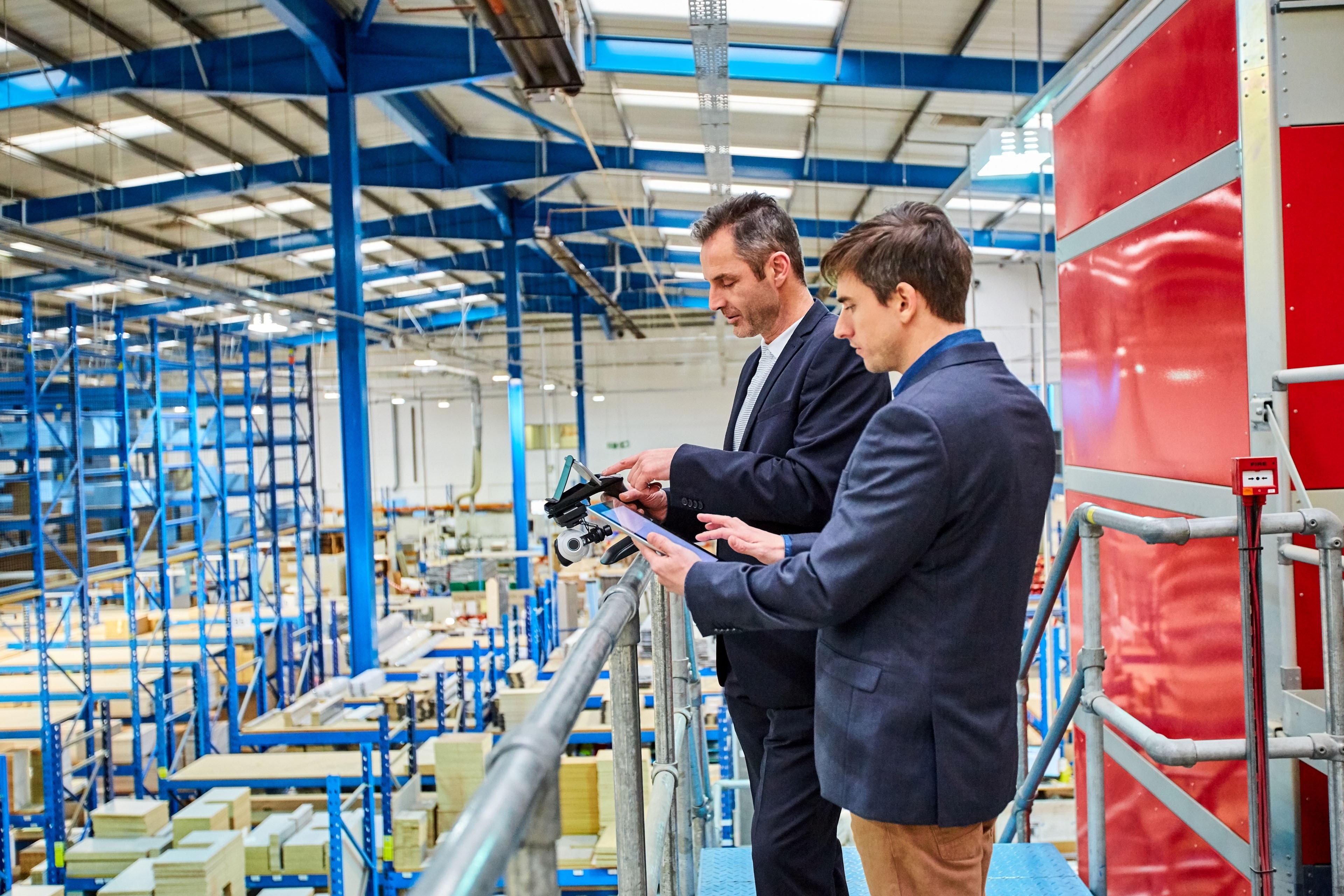EY refers to the global organization, and may refer to one or more, of the member firms of Ernst & Young Global Limited, each of which is a separate legal entity. Ernst & Young Global Limited, a UK company limited by guarantee, does not provide services to clients.

The latest CFO Barometer surveyed how far CFOs and their companies use RPA and AI. The results show a lot of room for growth.
In brief
- Many CFOs do not recognize the potential of technology or are unwilling to harness it.
- Technologies like RPA and AI can be perfectly implemented before and during large(r) transformations like ERP.
- Process maturity and a proper mindset are the most important factors in successfully deploying RPA and AI.
When harnessing technology and innovations for cost efficiencies, not every CFO looks favorably at technologies such as robotic process automation (RPA) and artificial intelligence (AI). In fact, 26.67% of respondents to the CFO Barometer say they are dissatisfied with the evolution process with RPA. This can be partly explained by the fact that some CFOs are running RPA without a solid foundation. You may have high expectations, but as an enabler, you have to realize that these technologies also take time and require something from the workforce.
The answers vary when asked whether our respondents are also willing to leverage technology and innovations to achieve cost efficiencies. Some CFOs are willing to invest to achieve cost efficiencies. Other CFOs prefer to stop investing and gain efficiencies by spending less budget. One company is put on pause while another sees the value of investing in it.

The expectations of RPA and AI may be very high, but as enablers, you have to realize that these technologies also take time and demand something from the workforce.
Ludovic Deprez
EY Belgium Financial Accounting Advisory Services Partner
A right mindset is the blueprint for success
The survey shows that finance professionals know they can be a frontrunner in driving technology transformation. But many are not yet fulfilling the role fully. We have strong CFOs who embrace technology and make it accessible to the organization, but some CFOs do not have or want the mandate. CFOs just need to realize that there is a huge opportunity here for finance.

A proper mindset is also sometimes missing with CFOs, for example, to realize just how RPA and AI can provide added value, especially in the future. 30 percent of CFOs say they do not immediately see the potential and the need. And that is quite striking. Fortunately, however, the majority are convinced. They realize that RPA and AI will reduce the team workload, speed up the closing process, optimize processes by eliminating repetitive tasks, etc.

Why other transformation initiatives should not delay RPA & AI implementation
Respondents also indicated that, for now, they are waiting for larger transformations, such as an ERP implementation, before rolling out technologies such as RPA and AI. Some CFOs wait and decide not to undertake anything with RPA and AI because they assume these technologies will eventually come their way. But there is no reason to delay getting started with RPA or AI. Such technologies can be perfectly implemented before or during a larger finance transformation. After all, with an ERP implementation, processes also need to be mapped and efficiencies sought. You can certainly leverage RPA, and after a large(r) transformation it can even serve as an interface between the different applications you use. Even if your ERP needs more standardization and automation, you can still evolve with RPA or AI, or vice versa.

It's not the infrastructure that creates a potential problem, but rather the maturity of the processes and the exceptions they bring.
Process maturity is the decisive factor
In general, we can say that RPA has a rapid implementation and return. Therefore, it is not the infrastructure that creates a potential problem, but rather the maturity of the processes and the exceptions they bring. You cannot start automating aimlessly, because you will get into trouble. You have to look at the processes, redesign them and make them as efficient as possible. Then you are going to have a good implementation of RPA. That is the core of success. Learn to walk before you run is an actual quote from one of the respondents. And nothing could be further from the truth.
Explore our Digital Transformation series
From planner to value chain strategist unleashing the power of supply chain transformation
When supported by the right technology, disruption leads to valuable transformation.
Transforming the Tax Function: unlocking strategic value through transformation
Why tax departments need to embrace operational and digital transformation.
How AI can drive productivity and value in the financial sector
High-quality data and a carefully thought-out approach are the essential elements for unlocking the potential of AI.
Gaining consumer insights: unleashing the power of purpose-driven change
Embracing consumer drivers to uncover innovation opportunities and future-proof organizations.
Six drivers to make your transformation a success
To build value through transformation, organizations must put humans at the center of their agenda.
How do you harness the power of people to double transformation success?
Read about how EY and the University of Oxford explored the emotional cost of failed transformations and what it takes to get them right.
How EY can Help
-
EY FAAS teams can help increase strategic and operational excellence through process and control improvement, technology and analytics. Find out how.
Read more -
Discover how EY's finance consulting services can help your business capitalize on opportunities to drive profitable growth and drive transformative change.
Read more
Newsletters EY Belgium
Subscribe to one of our newsletters and stay up to date of our latest news, insights, events or more.
Summary
The CFO Barometer explored the extent to which CFOs are trying to achieve cost efficiencies through technology and innovations, such as RPA and AI. There is a great capacity for finance to initiate technology and innovation and a chance for the finance function to be a leader in exploring opportunities within the organization. However, the survey shows that the finance function is not (yet) seizing all the opportunities that exist to get started with these technologies. However, there is no better time than now to begin an RPA and AI implementation. As long as you provide a solid foundation.l.




